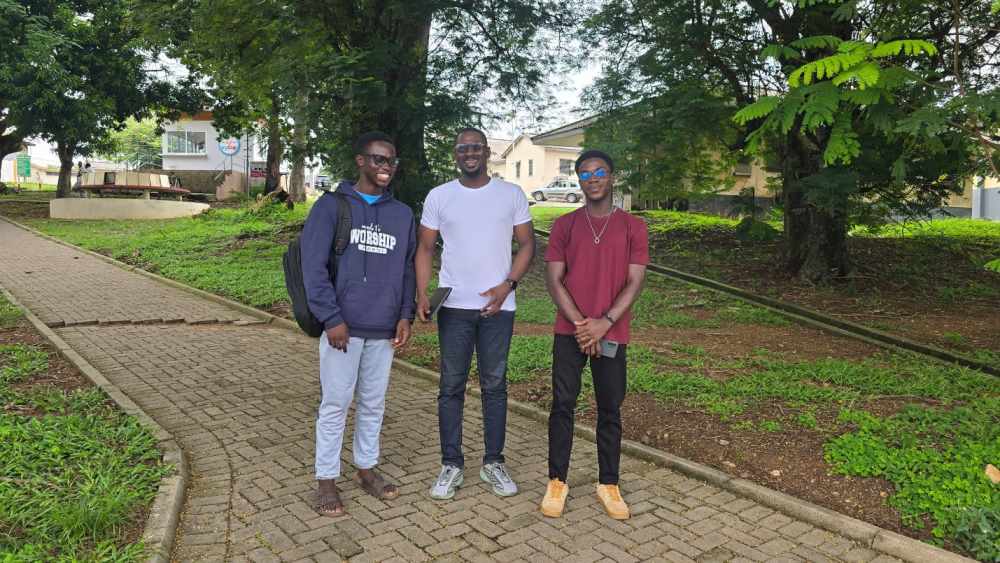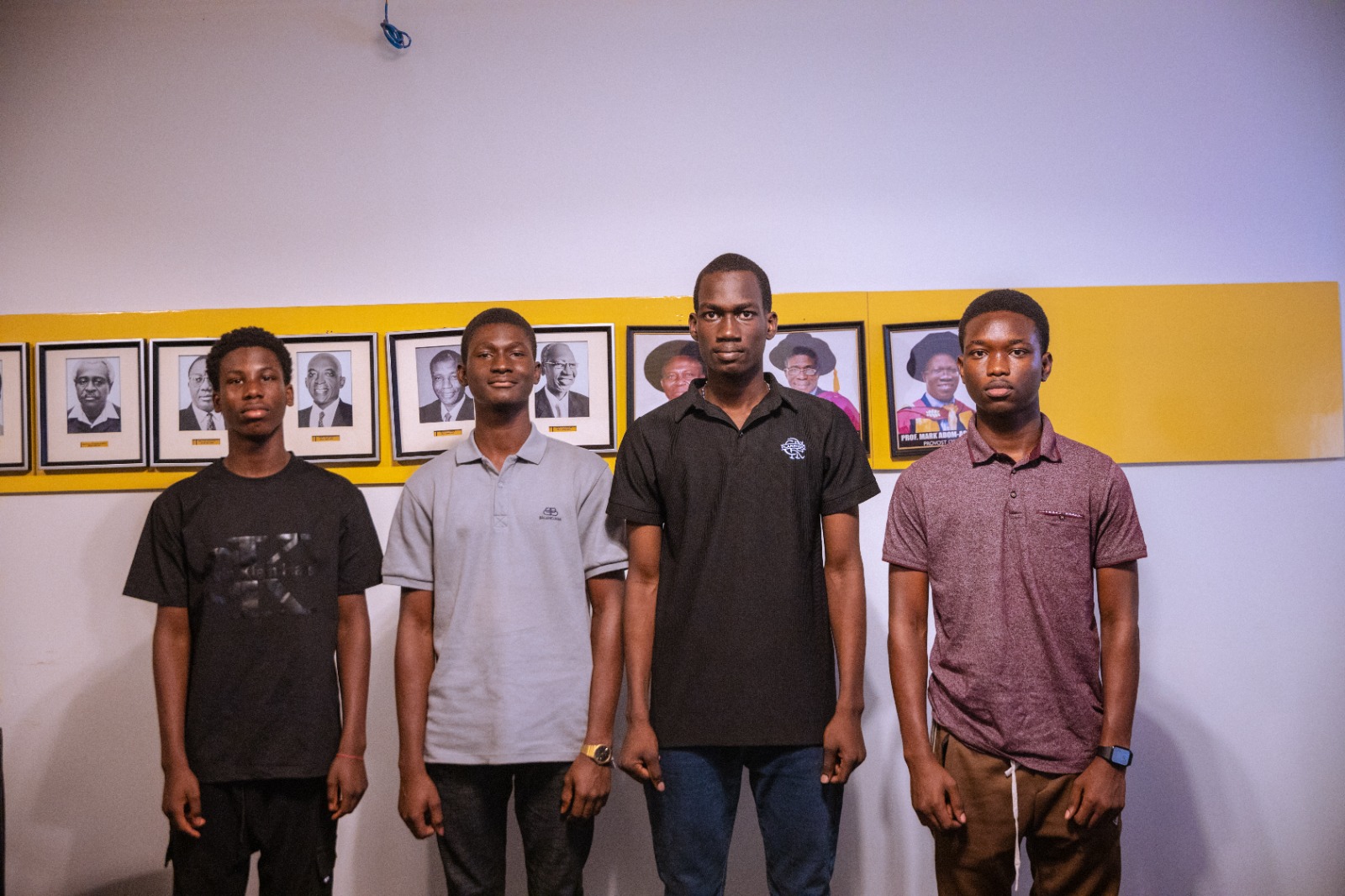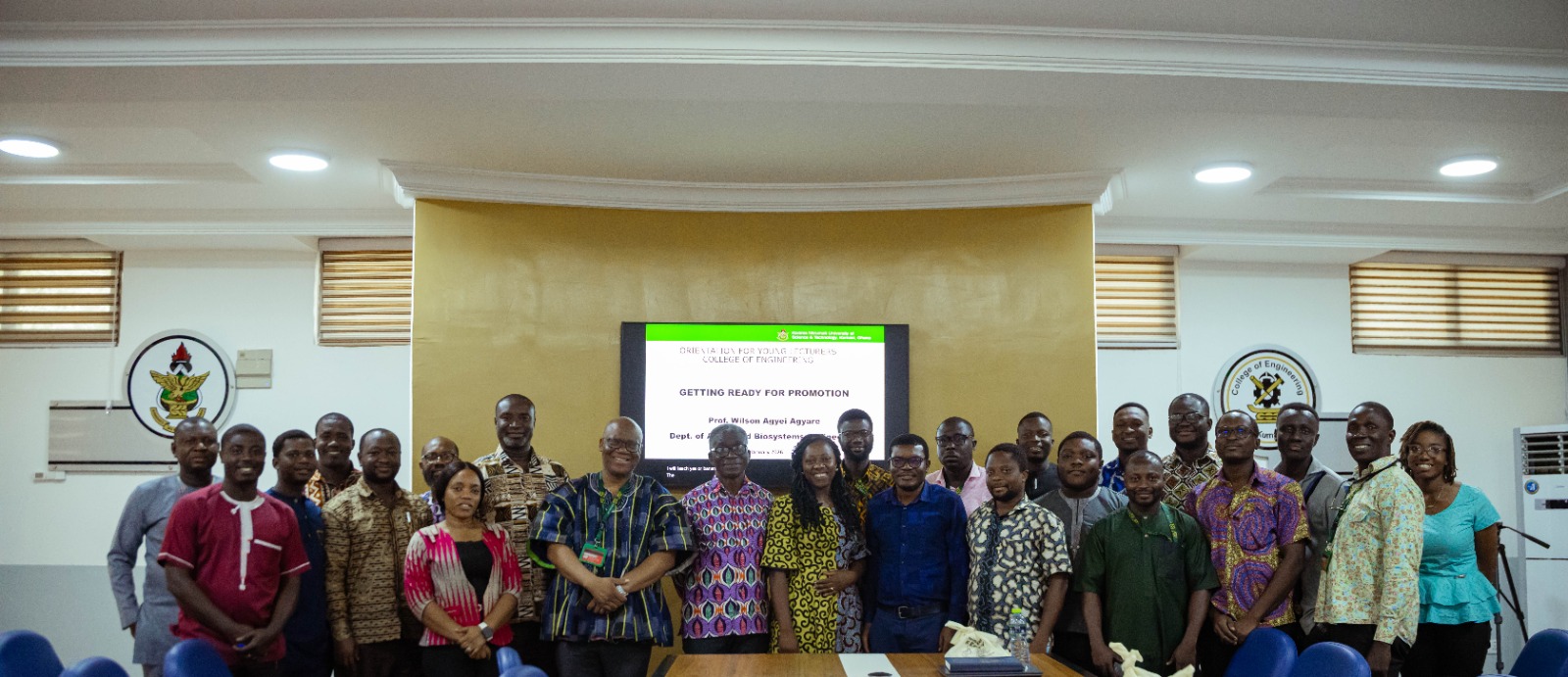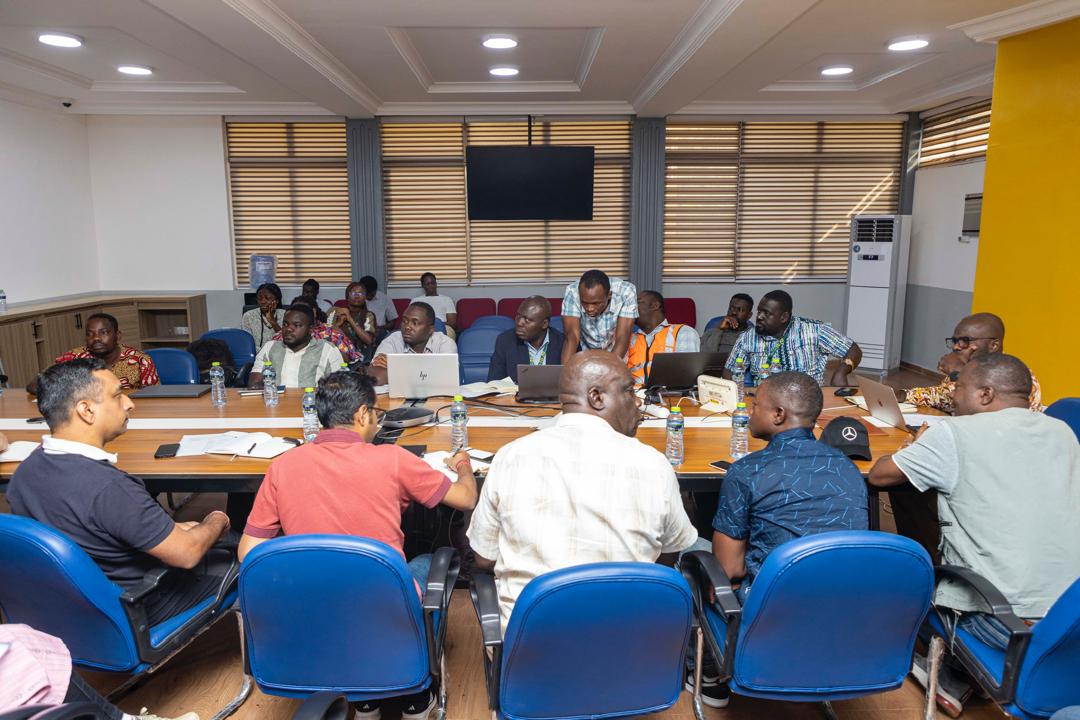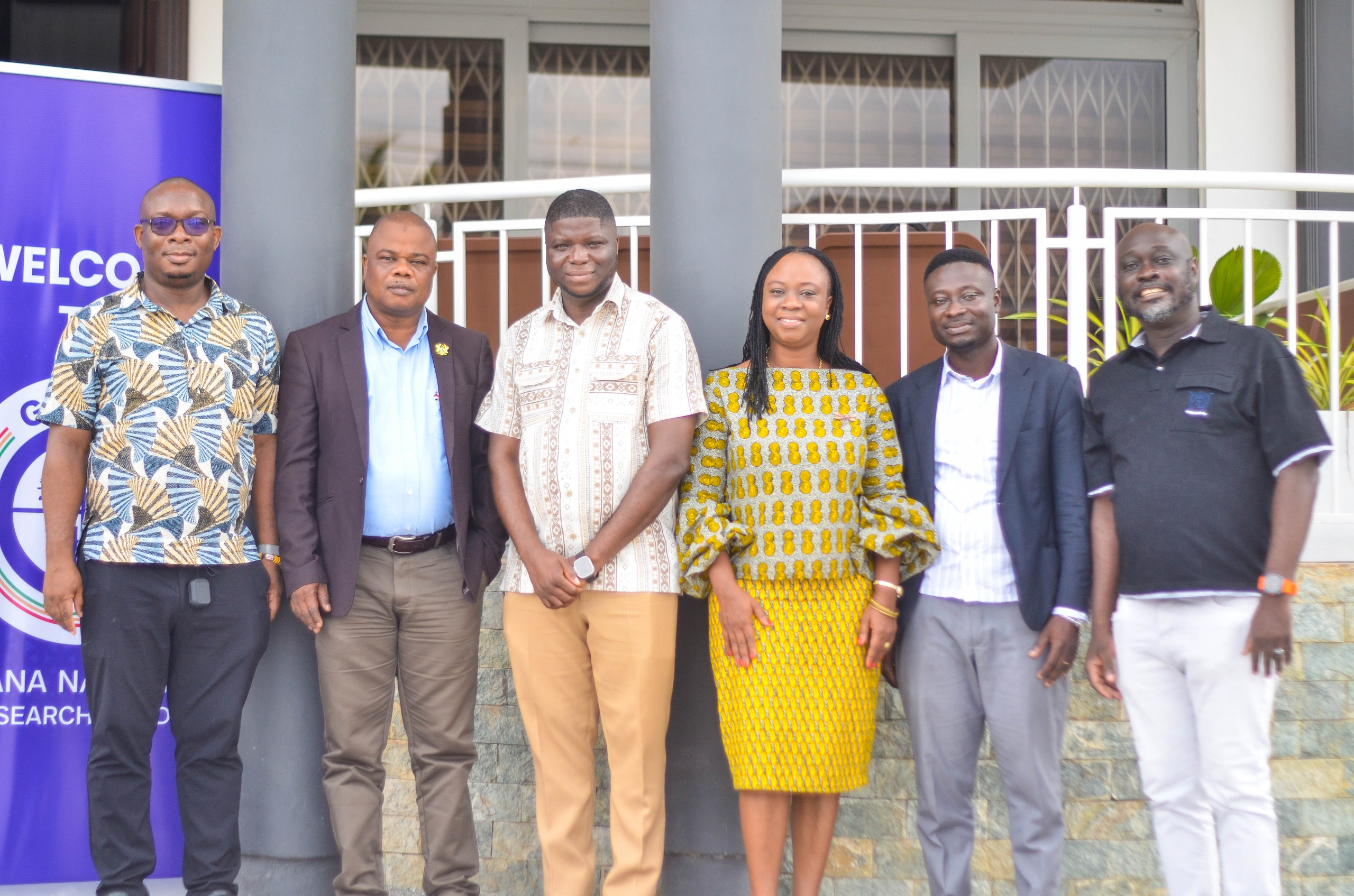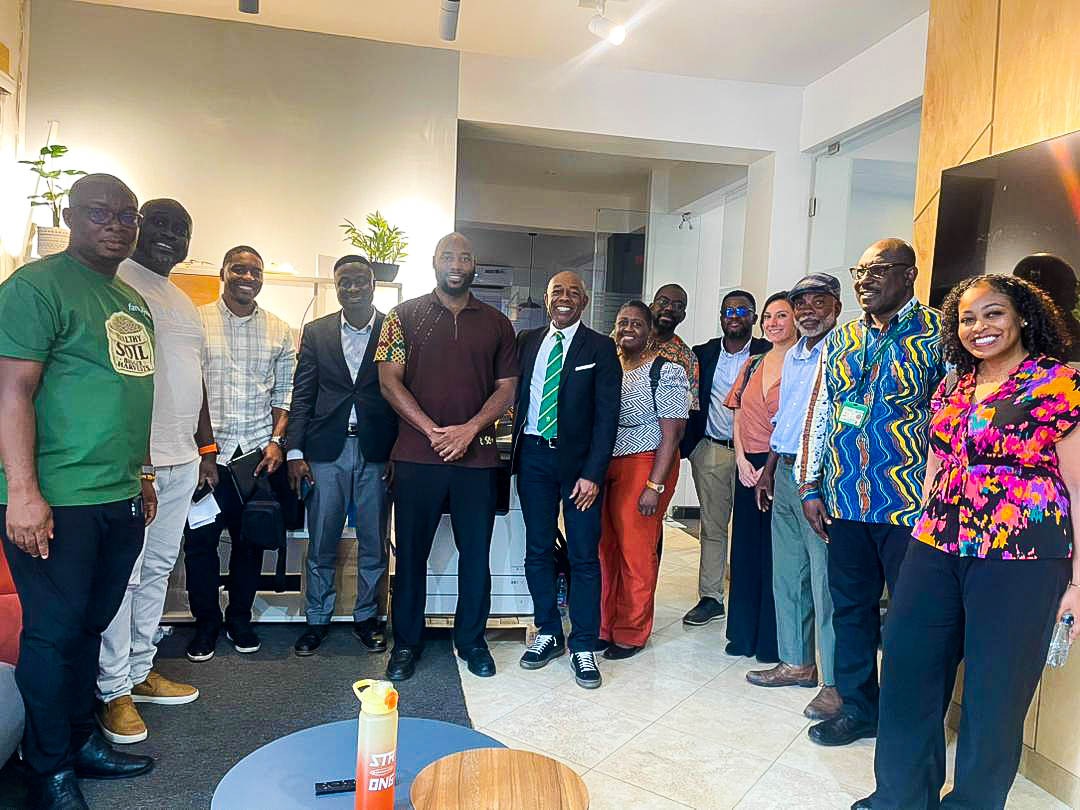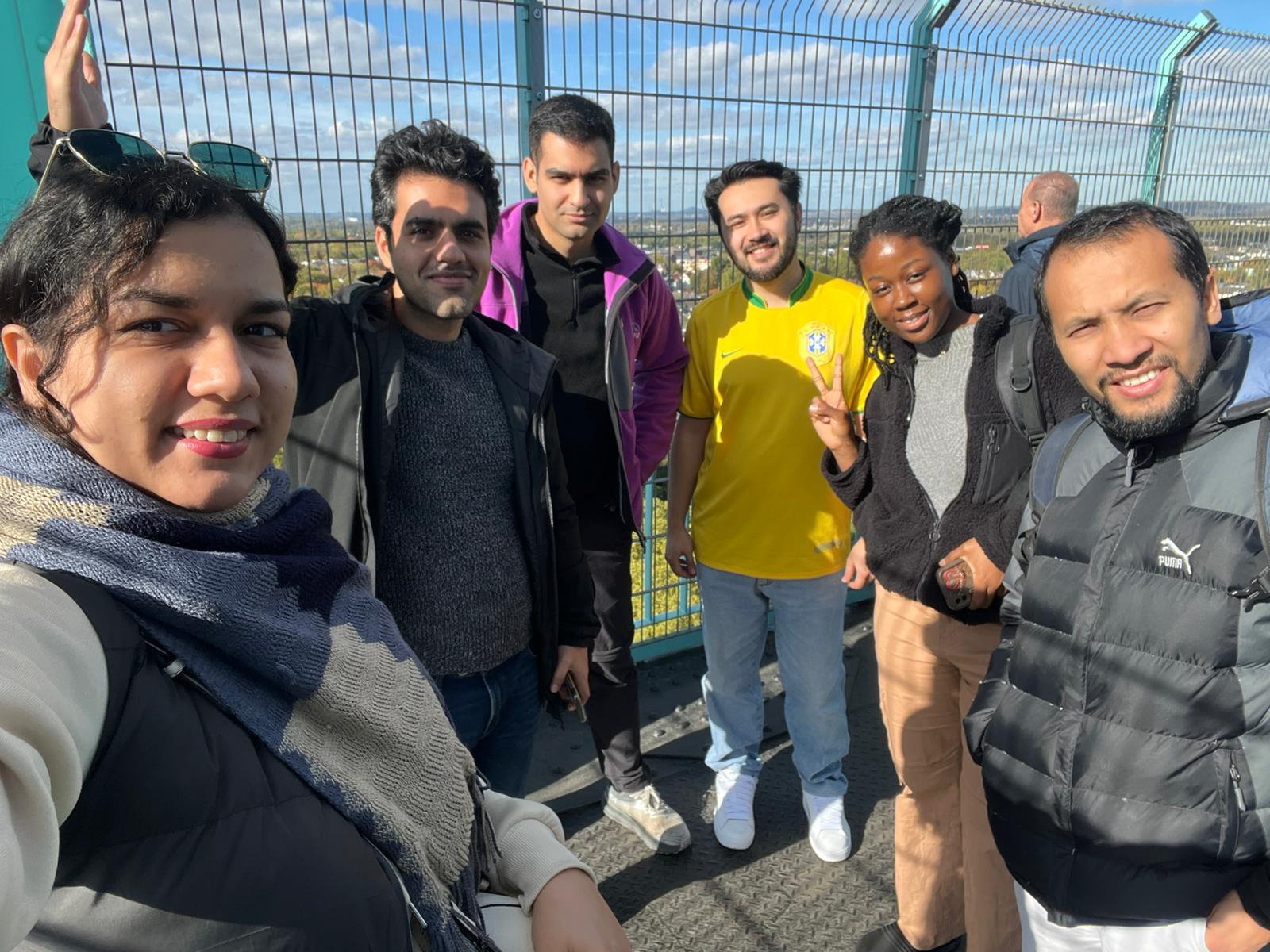When Ing. Daniel Oppong, a distinguished alumnus of the College of Engineering and a practicing engineer based in the Karbala, Iraq, returned to Ghana for a short visit, he made it a point to come back to campus. More than just a homecoming, his visit was an opportunity to reconnect with the students he mentored (as part of the pilot phase of the College’s mentorship programme), and to share valuable insight from his professional journey.
In a conversation with his mentees, Daniel reflected on a work exam he once took that required him to draw the process flow of the CDU/VDU, from memory, within a short period of engagement. He noted that while it was a demanding task, it sparked a broader discussion about the way intelligence is measured in academia. He noted that people possess different types of intelligence, yet society often rewards only a narrow definition. This observation led to a meaningful exchange on how the current educational system might evolve to be more inclusive and reflective of real-world thinking and varying intelligence levels.
Daniel chose to turn the focus to how engineering education is structured now. In his interaction with his mentees he questioned the traditional classroom model and proposed an idea that is already a bane of discussion in some inner circles: companies should be encouraged to bring real-life engineering problems to academia. He believes that by involving students and other academics in solving actual industry challenges, education would become more practical, engaging, and impactful. This approach, he argued, would better prepare students for the workplace and spark innovation early in their careers.
He also shared that he believes there is the need for the Ghana Institution of Engineering to offer more internationally recognised certifications and be affiliated to key international bodies, like the Washington accord. This, he said, would empower Ghanaian engineers to be more competitive on the global stage and create more opportunities for career advancement.

Although the conversation briefly touched on current global affairs, including the Israel-Palestine-Iran conflict and how it affects the oil industry, it was clear that Daniel’s heart remained focused on how engineering students in Ghana can rise to meet local and global challenges alike.
Before leaving, he shared one final message that resonated deeply with the students: the importance of grit. He described grit as the determination to keep going even when things get tough, and encouraged his protégés to cultivate resilience alongside their technical skills. In his words, “Grit will take you further than talent alone.”
Daniel’s visit was more than just a return to familiar grounds. It was a powerful moment of mentorship and inspiration, offering a vision of engineering education that is more connected to the real world and better equipped to shape the future of Ghana and beyond.


